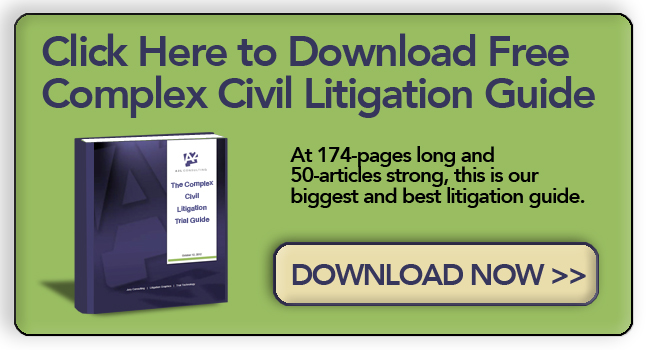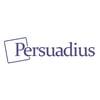As a lawyer representing a big company, voir dire is a critical part of the trial process. The questions asked during this process can greatly influence the outcome of your case. While there are standard questions that are typically asked during voir dire, it is important to think outside the box and consider non-standard questions that may be more relevant to your client's specific situation.
In this blog post, we will explore some non-standard questions that you may want to consider asking during voir dire when representing a big company. These questions can help you identify potential biases or conflicts of interest that could impact the impartiality of potential jurors.
1. Have you ever worked for a competitor of our client? This question is important because it can reveal if potential jurors have any biases or conflicts of interest that could affect their ability to be impartial during the trial. If a potential juror has worked for a competitor of your client in the past, they may have preconceived notions about the industry or the company that could influence their decision-making.
2. What is your opinion of large corporations? Asking this question can help you identify potential jurors who may have negative opinions of big companies. If a potential juror has a strong bias against large corporations, they may be more likely to side with the plaintiff in your case, regardless of the facts presented.
3. Have you ever been involved in a lawsuit against a big company? This question is important because it can give you insight into potential jurors' biases or negative experiences with big companies that could impact their ability to be fair and impartial during the trial.
4. How do you feel about the industry our client operates in? This question is crucial because it can reveal potential jurors' biases or preconceived notions about the industry your client operates in. If a potential juror has strong opinions about the industry, they may be more inclined to side with the plaintiff if they believe the industry is inherently harmful or unethical.
5. Have you ever been a victim of a similar incident to what is being alleged in this case? This question can provide valuable insight into potential jurors' biases or emotional connections to the case. If a potential juror has been a victim of a similar incident in the past, they may be more likely to side with the plaintiff based on their personal experiences.
6. How do you feel about punitive damages? This question can help you gauge potential jurors' likelihood of awarding punitive damages. If a potential juror has strong feelings about punitive damages, they may be more inclined to award them even if the plaintiff has not met the legal standard required to prove their necessity.
7. Have you ever worked in the same industry as our client? This question is important because it can reveal potential jurors' biases or conflicts of interest that could impact their ability to be impartial during the trial. If a potential juror has worked in the same industry as your client, they may have preconceived notions about the company or the industry that could influence their decision-making.
8. How do you feel about expert witnesses? This question is crucial because it can reveal potential jurors' tendencies to believe the testimony of expert witnesses over other witnesses. If a potential juror has strong feelings about expert witnesses, they may be more likely to give their testimony greater weight even if it lacks supporting evidence.
9. Have you ever invested in a company like ours? This question is important because it can reveal potential jurors' biases or conflicts of interest that could impact their ability to be impartial during the trial. If a potential juror has invested in a company similar to your client's in the past, they may have a financial interest in the outcome of the case, making it challenging for them to be fair and impartial.
10. How do you feel about class action lawsuits? This question is significant because it can reveal potential jurors' inclinations to award damages in a class action lawsuit. If a potential juror has strong feelings about class action lawsuits, they may be more likely to award damages even if the plaintiff has not met the legal standard required to prove their necessity.
While there are many standard questions that are typically asked during voir dire, it is crucial to think outside the box and consider non-standard questions that may be more relevant to your client's specific situation. By asking these non-standard questions, you have a better chance of identifying potential biases or conflicts of interest that could impact the outcome of your case. Stay tuned for the next four articles in this series on jury selection and trial consultants.
This is the first in a series of five posts on jury selection and trial consultants. Other parts are linked here: Part 1, Part 2, Part 3, Part 4 & Part 5.
Other A2L Articles related to jury selection, voir dire and jury trial practice:
- Free download: A litigator's guide to jury consulting and trial consulting techniques.
- 5 questions to ask every prospective juror during jury selection
- 6 types jurors that fly under the radar
- 10 tips for a great jury questionnaire and jury selection
- 5 things every jury needs from you
- 10 things every mock jury ever has said
- A2L Consulting voted #1 jury consultants by LegalTimes






Leave a Comment